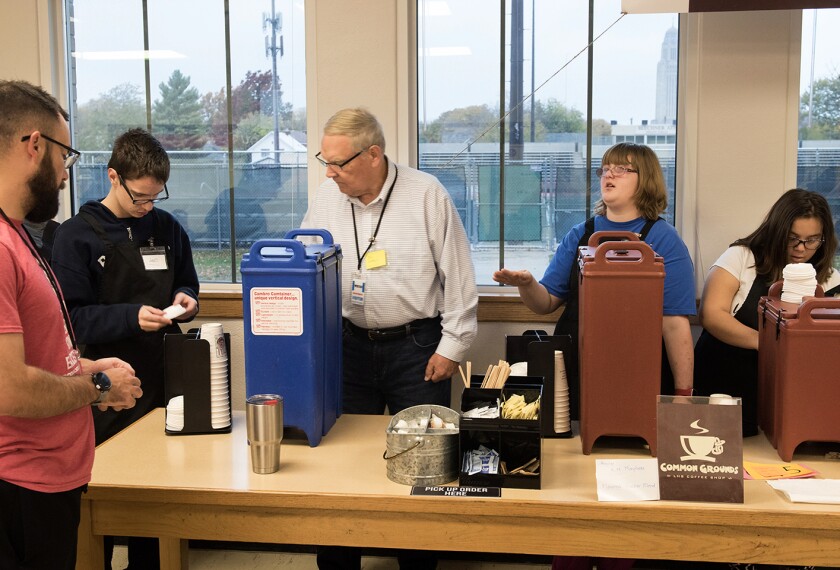The U.S. Supreme Court has asked the U.S. solicitor general’s office for its opinion on whether a parent may seek compensation from a school district that allegedly failed to identify a student’s disabilities.
The case involves a girl’s mother who cited the “child find” requirement of the Individuals with Disabilities Education Act in a complaint against the Compton, Calif., district. That requirement says states must ensure that all children with disabilities who are in need of special education services are identified, located, and evaluated.
An administrative law judge ordered as much as 150 hours of compensatory tutoring for the girl, but refused the family’s request for a private school placement at public expense. The district appealed that ruling, arguing that if the family prevailed, students with disabilities would be able to bring “educational malpractice” claims against districts.
The appeal is Compton Unified School District v. Addison. The solicitor generals office typically takes several months to respond to the high courts request for its views on a case.





